Five years ago, I was a casual gamer at best. I didn’t mind playing games from time to time, but it certainly wasn’t my go-to activity when hanging out with people. It was really just something to do whenever family came over and we ran out of things to talk about.
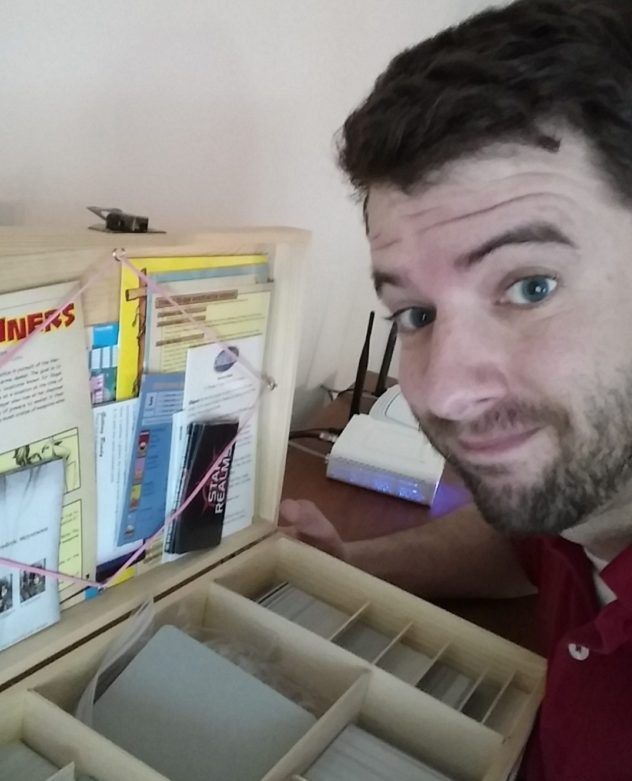
Back then, all of the games that we owned fit on a wire shelf at the top of our coat closet. Our small collection featured copies of Scrabble, Ticket to Ride, and Balderdash. We had Monopoly as well as Bacon-opoly, which my dad bought my wife as a Christmas gag gift.
My gaming breakthrough moment occurred over a few game nights with students at Georgia Tech, combined with the discovery of Wil Wheaton’s Tabletop YouTube channel. I soon found myself buying the games that I was seeing on the Internet so that I could have those same experiences. Soon storing the different titles I owned became a game in and of itself that was a little like Jenga or Tetris. I constantly rearranged all the boxes and squeezed them in at just the right angle so that they would all fit.
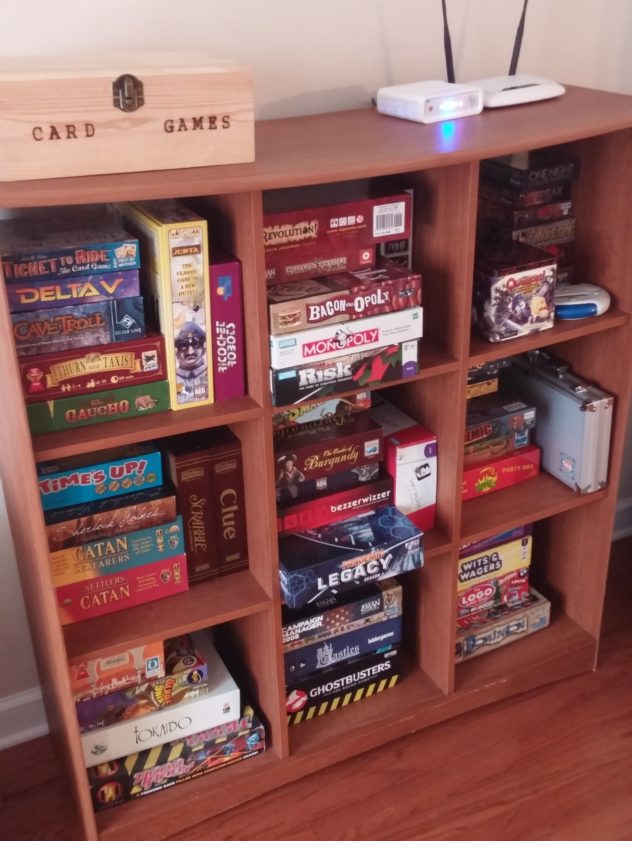
Where We Are Now
Flash forward several years, and my board game collection now covers a set of iron pipe shelves that span an entire wall of my house. While the size of the collection fluctuates as I buy, sell, trade, and receive games for review, I think I’m sitting at about 230 titles at the time of this writing. While I know gamers with hundreds more than that, it’s certainly a substantial collection when compared to the “Average Joe”. I’ve got games that cover pretty much any mechanic you could desire, and I’m certainly at a place where I never struggle to find something to play when people come over.
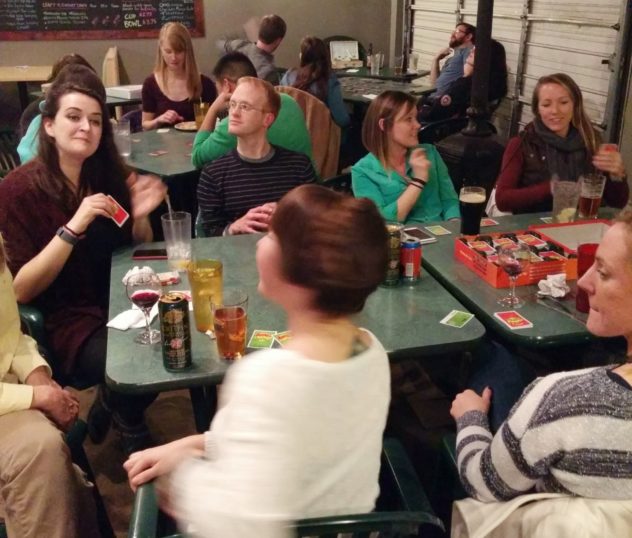
Yet despite the size and diversity of my collection and its ability to meet my gaming needs, I still want more. Even as One Board Family has been fortunate enough to receive review and preview copies of games for free, that doesn’t seem to be enough. Every single day I’m on BoardGameGeek forums that highlight the latest online deals. Whenever I’m in Target or Walmart, I always swing by the board game section, hoping to find something that may have snuck under my radar. My FLGS is in a mall that also houses a movie theater, and whenever Sarah and I head out to catch a flick, I’ll try to drag her in to “just look”.
But my biggest weaknesses are Craigslist, Facebook Marketplace, and BGG auctions. Whenever I find a good deal on something I’ve been looking for, you can be sure that I’ll be trying to grab it. It seems to be the most dangerous late at night. Just as my eyelids are beginning to close, my wallet starts to open. I do my best to avoid shipping costs, and when I’m able to do so, I sometimes add another smaller, cheaper game into the mix, even if I’ve never heard of it. It’s a little reward to myself for being such a good shopper.
A Little Introspection
Why do I do this? I have so many games in my collection that it’s impossible for me to get to all of them. There are games that I haven’t even touched in years, and my “shelf of shame” (the games that I own but have never played) stands at about thirty strong right now. I often try to justify it by saying that they’re all for hosting game nights, and while that has become more of a reality in the past few months, the idea that I still need to be buying games is a bit ridiculous.
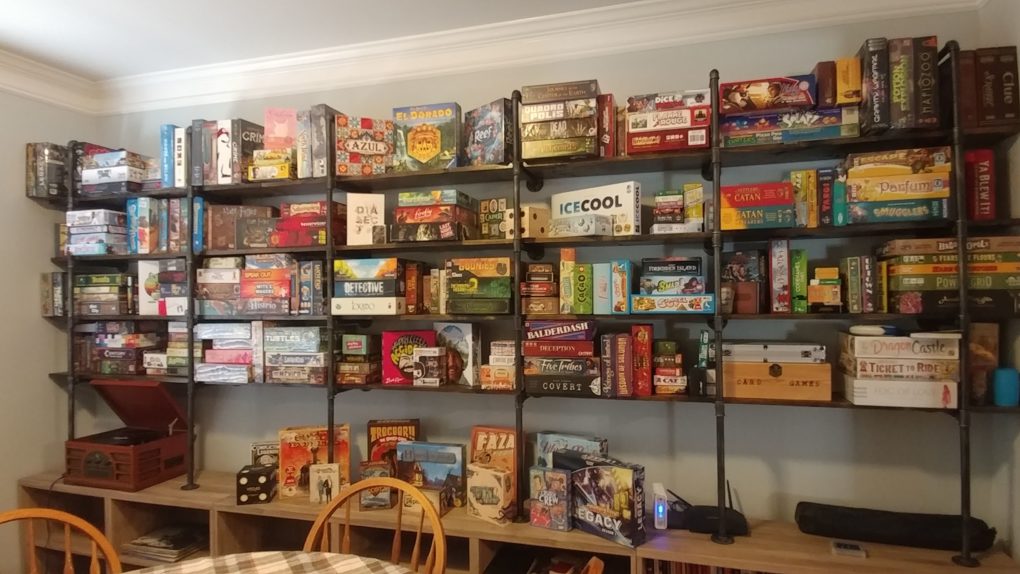
But I know I’m not alone in this. I mean, the auctions I buy from usually exist because people have purchased more than they feel they should responsibly keep. I’ve seen “shelf of shame” posts all the time in different Facebook groups. So if we all know that this is so ridiculous, why do we keep doing it?
Is It Playing, Or Is It Collecting?
According to a few different sources, about one in three people in America and Great Britain collect something. Most people start as a child with something “normal”, like baseball cards, coins, or stamps, but collections can become more eccentric and more diverse as life experiences change a person’s interests. But why do collections begin in the first play, and why do some continue into adulthood? There doesn’t seem to be much research or consensus about the psychology behind collecting, but a few different theories have been thrown out there.
One of the oldest ideas about collecting comes from none other than Sigmund Freud. Dr. Mark McKinley summarizes Freud’s view in a few articles he’s written over the years as… pretty gross. Freud suggested that the desire to collect begins with potty training, when a young boy or girl loses control of something inside of them and that something then goes away (gets flushed). Therefore, collecting is a way for a person to regain control and, to some degree, to regain their “possessions”.

Freud’s ideas are generally dismissed as a bit over the top these days, but there are plenty of modern explanations of a collector’s mindset that have been proposed. One book proposed seventeen different motivations for collecting, including leisure, prestige, domination, and competition. Various studies discuss the increased self-worth and sense of satisfaction that comes with acquiring a new piece of a collection. Those who view collecting from more of a museum or gallery point of view describe collectors as seekers of immortality, hoping that their legacy will live on in the items that they have amassed during their lifetime.
It’s Not for Me, It’s for Everyone Else
One aspect of collecting that I think holds true for me and likely for most board gamers is the desire to belong to a community. A big reason why I have become so involved in board games is that I see them as a vehicle for friendship, conversation, and enjoyment with those to whom you may not be all that close. When I consider purchasing a new board game, I try to think about the group of people that would join me around the table. I don’t have a lot of hobby gaming friends in my area, so that’s why you won’t see Gloomhaven or Cosmic Encounter on my shelves. What you will see are a lot of bright, colorful games that generally play in an hour or less.
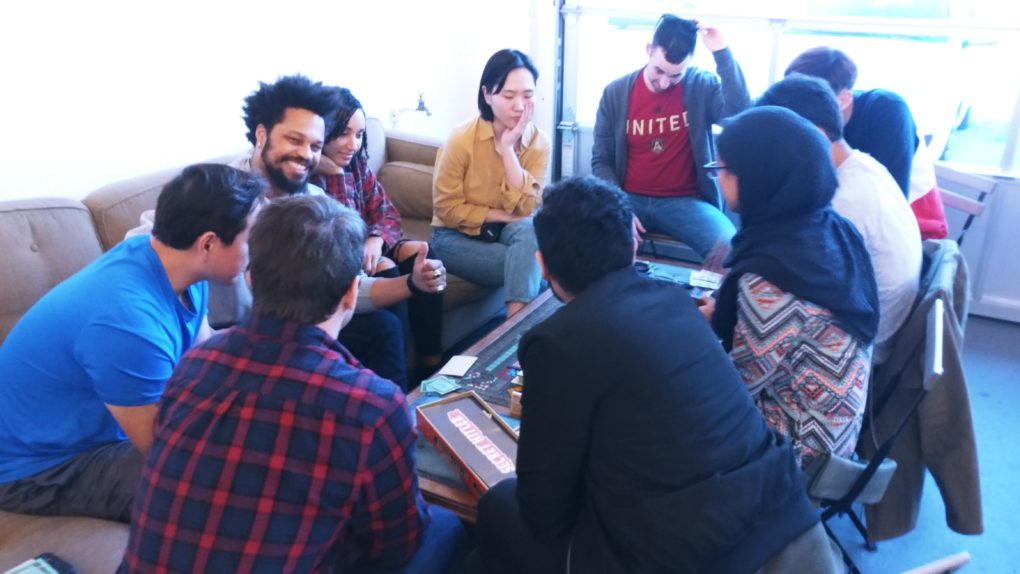
Can I Stop Buying?
So if my collection of games is helping me to develop a stronger sense of community, then what’s the problem? Well, I’m worried about the negative aspects that can come alongside collecting. A 1993 article from the National Center for Biotechnology Information found that if materialistic goals become more important to a person than other goals, that person is more likely to be depressed and anxious than if this were not the case. Research does show that collecting can boost a person’s self-complexity, which, in turn, positively affects that person’s self-esteem. However, an obsession with one’s collection to the point of a single-minded pursuit can actually reduce a person’s self-complexity, thus negatively impacting self-esteem.
I become even more concerned as I consider the research about compulsive buying. First described by Emil Kraepelin in 1915, compulsive buying is defined by researchers as a preoccupation with buying or shopping, characterized by irresistible or senseless impulses and behaviors. It often results in frequently buying more than a person needs or can afford, or spending too much time shopping, even if there are negative social or emotional consequences.

Some psychologists associate compulsive buying with other conditions such as compulsive gambling, drug addiction, and eating disorders, yet it has not received the funding for research or intervention of those other, more well-known conditions. To be fair, it is a condition that has worsened in the past few decades as television shows and other media more frequently portray a higher class lifestyle, even for those characters who supposedly receive little income (think about those apartments from Friends). Even more impactful has been the increased ease with which people can browse and purchase items online, even while completing other tasks. While it is more prevalent in first-world economies, research shows that compulsive buying can impact people from a variety of racial, cultural, and socio-economic backgrounds.
Helga Dittmar explained that compulsive buyers often exhibit two major characteristics. First, they believe that “things” are an important part of feeling successful and happy. Second, they often buy things in order to “bridge gaps” between how they see themselves, how they want to see themselves, and how they want to be seen by others. Earlier research by Dittmar shows that making a purchase improves a compulsive buyer’s mood and self-satisfaction immediately, but that those feelings quickly fade, though not quite to the level they were before the purchase. Thus, each purchase makes the buyer just a little bit happier, despite the high financial and social costs, and therefore a toxic cycle can be created.
Some psychologists view hoarding as an extreme variation on compulsive buying. As a result of various TV shows from the past few years, people have become more familiar with the term hoarding, to the point that the term is often thrown around rather casually. However, true hoarding can have a significant impact on a person’s life, including significant stress and impairment.
So What About Me?
While this deep dive into clinical research on different psychological conditions and disorders may seem like too much, I found an image of myself in a lot of the descriptions I was reading. I even rated myself on the Richmond Compulsive Buying Scale and found that my score was high enough to be considered at the level of compulsive buying. Though I do not accept a score on one test as a complete confirmation of anything, and though I am not a licensed psychologist and have no business diagnosing myself, I do find reason to pause and reflect on my shopping and collecting habits.
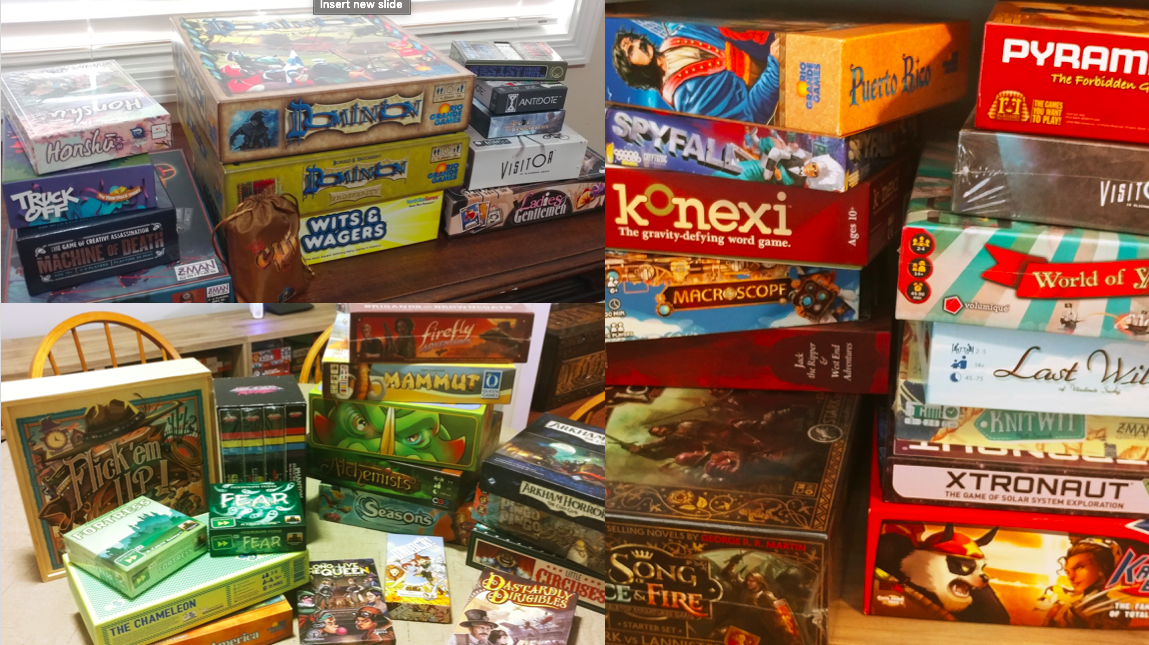
Personally, I feel that there are a few reasons why I buy so many games. I sometimes have a desire for a “complete” collection, so if I see a game that many consider a classic or a “must own”, I buy it, even if it’s not my favorite. That’s why Puerto Rico, a game highly regarded by many, sits on my shelf now, unplayed after buying it two years ago simply to say that I have it. I also believe that I have a strong sense of FOMO (fear of missing out), especially when it comes to Kickstarter campaigns. When I see the beautiful miniatures and the new and intriguing mechanics, I really want to make sure I have the opportunity to play that game. Rarely does it cross my mind that I will likely play the game once or twice and then never see it hit the table again, which means that each game session cost me about $30 or more. Sometimes it might be even worse and the game goes straight from the box to the shelf, never to be seen again (I’m looking at you, Dice Hospital).
And What About You?
Now I’m not saying that everyone with a huge board game collection has a problem. Some people have plenty of money in their budget and can buy as many games as they want. Other people truly utilize their massive collections as they play on an almost daily basis with a large gaming group. What I’m saying is that for me, personally, I need to change the way that I approach game acquisition. I need to put boundaries in place that prevent me from buying on impulse. I need to partner with people that will hold me accountable for my spending habits. I need to be more willing to say no to Kickstarter campaigns, remembering that I will very likely have the chance to play that game later. And I need to be honest with myself about the amount of time I have in my life to play games, especially with a baby on the way. Hopefully, some of these changes will lead to a more balanced budget, a healthier lifestyle, and a better Ric.
If you believe that you may deal with compulsive buying or spending, I highly recommend that you do more research about the subject. Perhaps you should also seek out professional assistance to help you evaluate your life choices and maybe lay the foundations to help you make healthier ones.
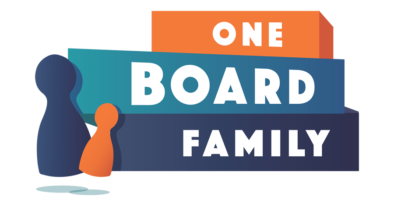
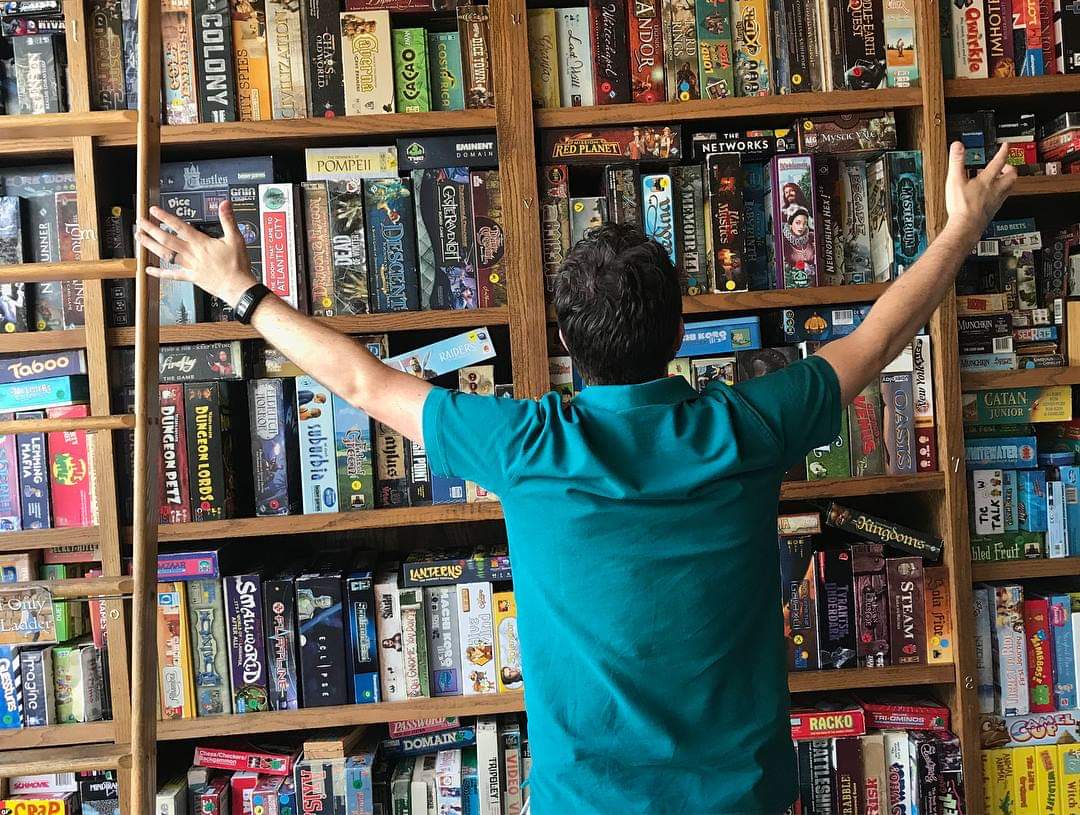

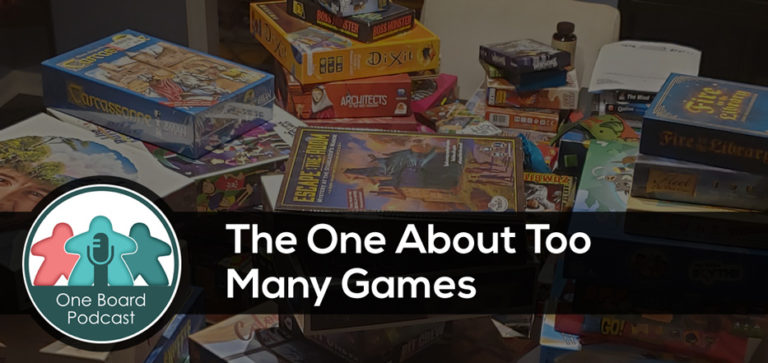

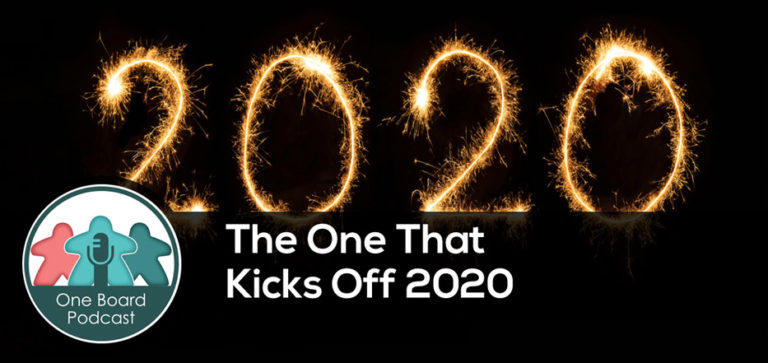
[…] This week Bob and Ryan are talking about when to admit when you have too many games. We’ll talk about how we let go of games when we know it’s time and chat about strategies for pruning the collection. We also mention the excellent blog that Ric wrote called Are Board Games My Hobby or My Addiction? […]
Well put together article. Let me tell you a bit about myself, them I’ll reflect on what you said.
I own between 200-300 games, and I want to keep it that way. Mainly because I live in a 900 sq. ft. home and there is nowhere to put more games. I am able to play most of the games I purchase many times fairly quickly after acquisition. I also paint, which increases the utility of a minis game beyond the gameplays. Gaming is a primary hobby for me, along with outdoor sports, painting, and cooking. I know many gamers in town and my wife is very involved in gaming and we have no children, so I play an average of 80-90 plays a month of 30-40 different games in a month.
That is to say, I am not an average boardgamer. From most gamers that have created a collection, I have heard tales very similar to yours. I think it is a delicate and personal balance between collecting, playing, and self-satisfaction. It can be very hard to be realistic in the moment you want to make that purchase. I think you have a good gameplan, though. Best of luck!